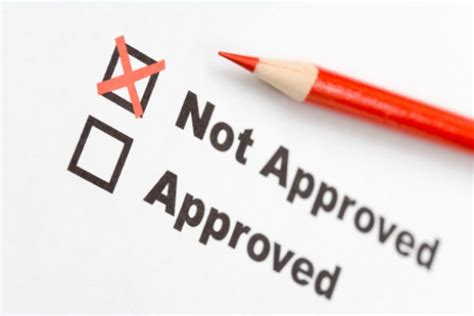Celgene shaken again after the FDA kicks back their marketing application on blockbuster hopeful ozanimod
March 2, 2018
Source: endpts
 953
953

Celgene has been slammed with a refuse-to-file letter from the FDA for ozanimod, the biggest late-stage drug it has in the pipeline.
The biotech reported after the market closed Tuesday that the RTF came through because the FDA determined “that the nonclinical and clinical pharmacology sections in the NDA were insufficient to permit a complete review” for multiple sclerosis.
That’s going to hurt — bad.
Celgene pivoted to ozanimod as its primary Phase III blockbuster hopeful, obtained in their $7.2 billion Receptos buyout, after its $710 million cash roll of the dice on the inflammatory bowel disease drug mongersen (GED-301) came up snake eyes in Phase III last fall. Celgene has said ozanimod is worth $4 billion to $6 billion a year in peak sales, but that’s becoming an increasingly tough pitch with analysts.
An RTF is not the kiss of death for ozanimod, but at the very least it delays any launch and forces CEO Mark Alles to explain how they managed to fumble the ball again. For Celgene, it’s an unaccustomed position, raising doubts about the company’s future. Notes Baird’s Brian Skorney:
With so many recent missteps and Revlimid IP still a big risk amidst multiple Paragraph IV challenges, investors are hesitant to get back into what was once biotech’s poster child for continued growth and solid execution.
Leerink’s Geoffrey Porges took a look and came up with some discomforting conclusions about Celgene. His theory about what went wrong:
This only adds to investors’ growing unease with the company’s direction and oversight of key activities – in this case the company clearly made a decision to file this application at risk, despite late information that might have been more thoroughly disclosed and explored in the application, had the filing been postponed by a few months. The specific reasons for the RTF have not been completely explained, but Celgene’s comments suggest that a Celgene-conducted small PK/PD study for Ozanimod that was completed late last year and showed some anomalies (exposure or PK variances) which, when combined with the known safety liabilities of the S1P class, probably triggered the FDA to request more complete disclosure of this supplemental data, and potentially further exploration of these variances.
The biotech posted positive Phase III data on ozanimod late in October, including some favorable comparisons with Avonex. But there were some holes in the presentation. As noted last summer, Celgene’s drug did not demonstrate a disability benefit over Avonex on a pooled basis, which will likely blunt its commercial prospects. Investigators recruited 1,346 patients for the SUNBEAM trial, posting statistically significant scores for the annualized relapse rate. But in a pooled analysis of SUNBEAM and RADIANCE Part B studies, their drug did not hit the goal for the time to 3-month confirmed disability progression.
Celgene spooked the market recently with some shaky financials, but managed to calm the waters with its buyout of Juno and the prospect of becoming a leader in CAR-T therapies. Its setback today will not sit well with investors, who swiftly drove down Celgene’s shares by 6.8%.The plan now is to get in front of the FDA ASAP and see what they need to do to get this drug back into the system and hopefully pointed to an approval.
“We remain confident in ozanimod’s clinical profile demonstrated in the pivotal program in relapsing forms of multiple sclerosis,” said Jay Backstrom, the CMO and head of Global Regulatory Affairs for Celgene. “We will work with the FDA to expeditiously address all outstanding items and bring this important medicine to patients.”
Read more on
- AZ’s Farxiga Gets FDA Priority Review For Heart Failure January 8, 2020
- Global Recall of CyPass Micro-Stent by Alcon September 3, 2018
- Breakthrough Device Designation Granted to Digital Intervention for Alzheimer’s August 27, 2018
- FDA Approved Eye Drop Oxervate to Treat Neurotrophic Keratitis August 27, 2018
- First Dual-Lead Nerve Stimulator for Pain Management gets FDA Nod August 22, 2018
your submission has already been received.
OK
Subscribe
Please enter a valid Email address!
Submit
The most relevant industry news & insight will be sent to you every two weeks.



